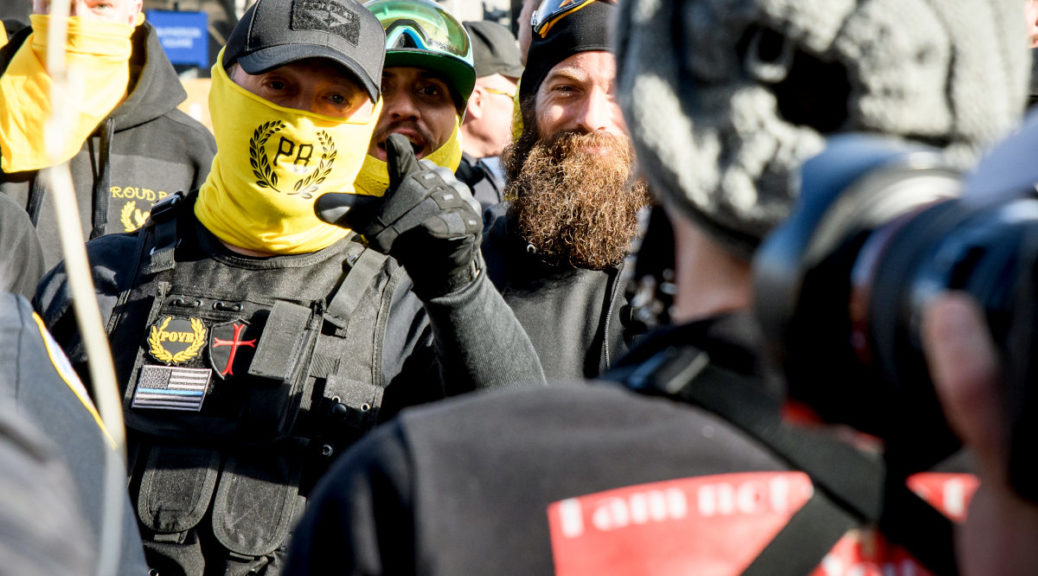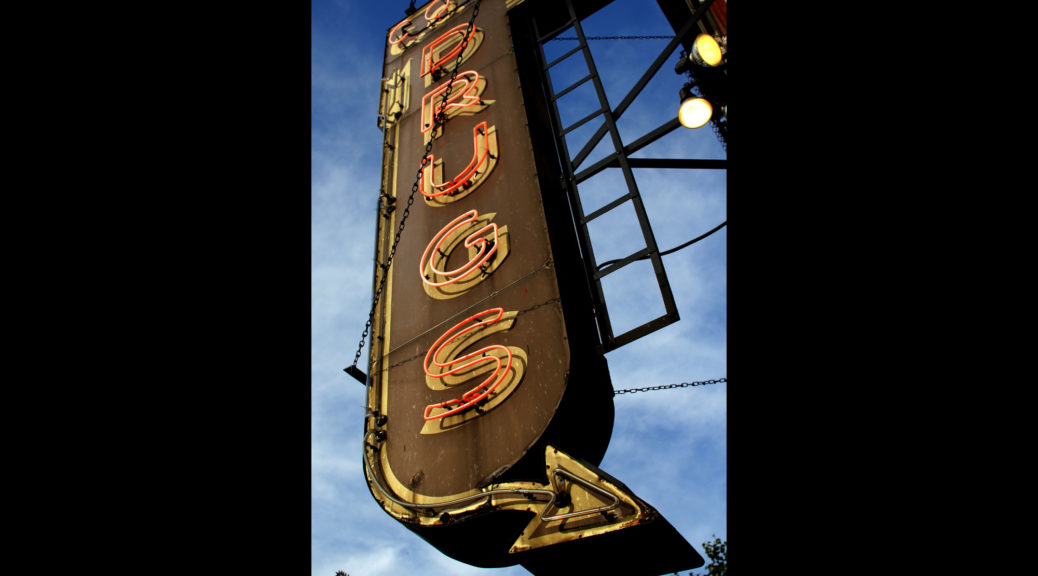The 9/11 terrorist attacks occurred when I was nine years old. In the days afterward, I remember obsessively reading everything I could about the attacks in my dad’s Newsweek magazines. A few years later, I stumbled upon the film Loose Change, which purported to uncover the truth behind 9/11. At first, I was skeptical. Of course, Osama bin Laden was behind the attacks—that’s what I’d read in Newsweek. But as I kept watching the film, I felt a growing sense of doubt. By the time the credits rolled, I was sure that 9/11 was an inside job, orchestrated to create a pretext for a war in Iraq and subsequent war profiteering.
As I grew up and gained more in the way of critical-thinking skills, I eventually came to recognize that the theories being pushed by 9/11 skeptics were delusional. That earlier flirtation with conspiracy theories in my adolescence has made particularly sensitive to the rash of similar falsehoods that are being widely peddled today—most notably, the pervasive belief that the 2020 election was stolen, which led directly to the insurrection at the U.S. Capitol on January 6. What motivates people to believe in these blatantly bogus conspiracy theories?
Continue reading Why Conspiracy Theories CaptivateLynn Barlow Lynn Barlow is a writer based in Asheville, North Carolina. When she’s not writing, she can be found skiing, whitewater kayaking, or playing fetch with her dog Urza. Instagram: @biggitygnar
- Follow us on Twitter: @inthefray
- Comment on stories or like us on Facebook
- Subscribe to our free email newsletter
- Send us your writing, photography, or artwork
- Republish our Creative Commons-licensed content


